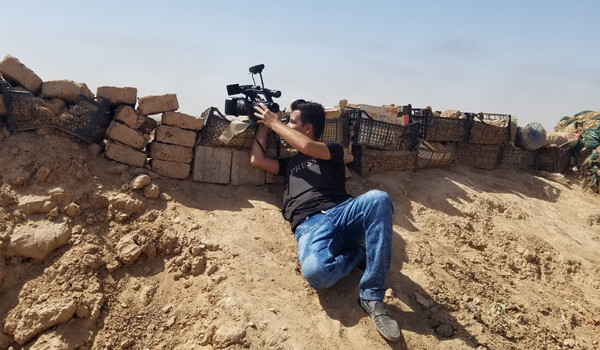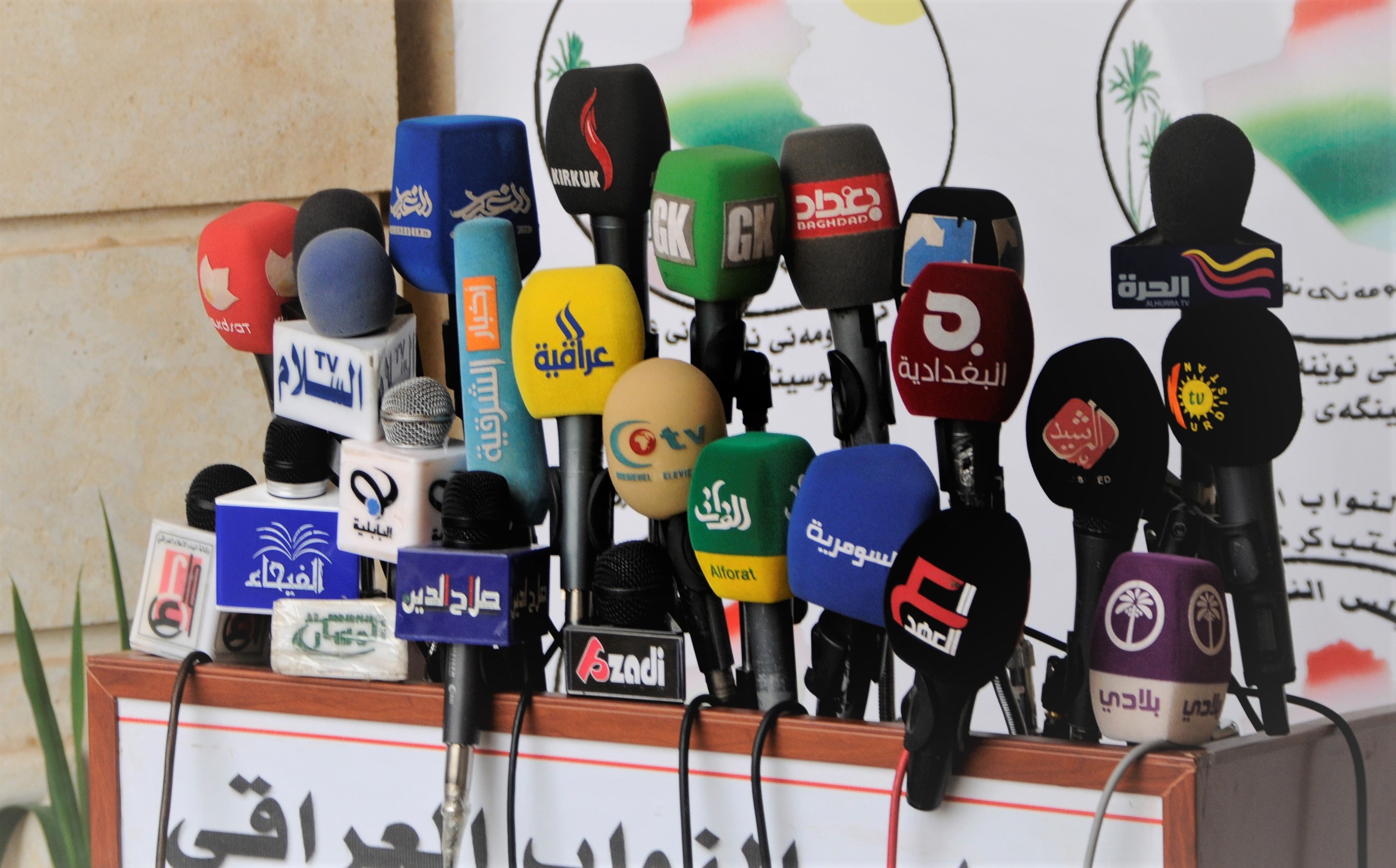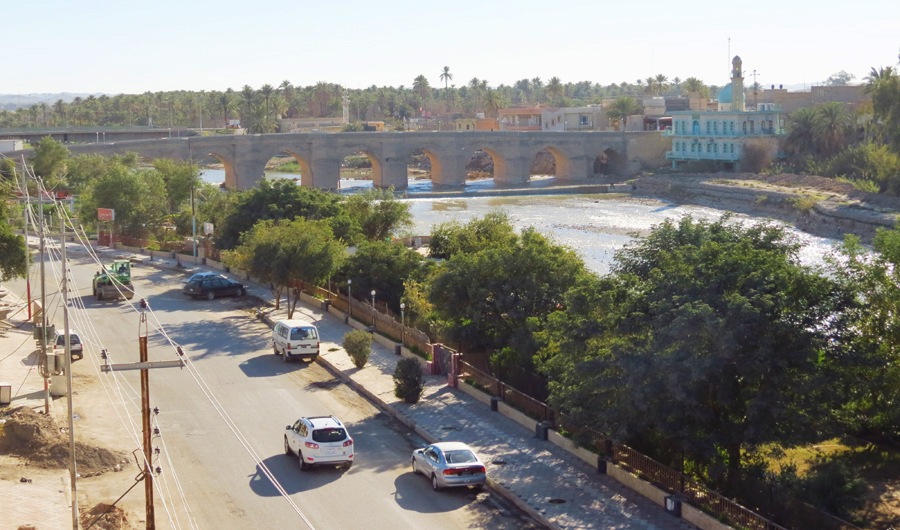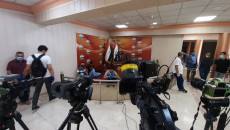For journalists and activists in Khanaqin, the month of September was marked by persecution, silencing, intimidation, and preventing them from accessing information.
Four journalists and activists in Khanaqin (a district in Diyala province near the border with Iran) have been sued for writing reports and opinions in news outlets and on social media platforms.
Karzan Jabar, who is a teacher and an advocate for teachers’ rights, was taken to court after posting something on his personal Facebook page.
The post was an announcement by a Teachers Syndicate which suggested that for this school year, students should attend class three days a week.
I was shocked when I was notified by the police about a legal complaint being filed against me by the Teachers Syndicate
“A number of people had written comments under the post criticizing the Teachers Syndicate. I was shocked when I was notified by the police about a legal complaint being filed against me by the Teachers Syndicate. I didn’t break any laws; I only posted the announcement for the new school year as it was.”
Last week, Karzan had to be in a police station for his statement to be taken. He now awaits a verdict from the judge.

Amal Bajalan, head of the Khanaqin’s office of the Journalists Syndicate, told KirkukNow: “In addition to the legal complaints that we are busy investigating –and defending – journalists in Khanaqin are faced with the difficulty of getting access to information; [government] institutions and security hider their work, which is a big problem for journalists.”
In early October, the Khanaqin branch of the Kurdistan Journalists Syndicate published a statement about the increase in lawsuits against journalists and activists, in which they criticized the way journalists are detained and taken before judges. “The journalist has a legal personality based on Iraqi law, so the law must be dealt with accordingly,” the statement reads.
They also call for notifying the Syndicate in advance before taking any measures against journalists, based on the Journalism Law of the Kurdistan Regional Government.
a lawyer who defends some of these cases, believes that the goal behind them is to "intimidate journalists and activists to silence them"
The motives behind the increase in lawsuits against journalists are not yet clear, but Adnan Rahman, a lawyer who defends some of these cases, believes that the goal behind them is to "intimidate journalists and activists to silence them."
The total number of this year’s lawsuits against journalists and activists in Khanaqin is six, four of which were filed in September. All of them were filed by unions and government institutions based on Articles 433 and 435 of the Iraqi Penal Code.
The two articles are related to “defamation and insult,” and if the offense is proven, the penalty is imprisonment, a fine or both.

"Every person has the right to file a complaint against someone who has caused them harm, but the final decision is for the court, which decides whether the accused is guilty or innocent. All those who have been sued are released on bail until the court until trial date," said Adnan Rahman.
Abbas Arkwazi believes that four lawsuits in one only one month is not a good sign, noting that it is the first time that such a high number of cases against journalists and activists has been recorded in the Khanaqin district.
He said: “I worry about the increase of lawsuits. I think this is abnormal and a danger to the freedom of expression in our town.”
Arrest warrants were immediately issued against some of those who had been sued, which contravenes a decision of the Iraqi Supreme Judicial Council issued on 11 August, which stipulates that arrest warrants against journalists should not be issued hastily, but that they must be informed in advance to appear in court.
Our efforts is to first try to resolve the lawsuits on a personal level and close them
Youssef Ibrahim, the public relations official of the Khanaqin district office, also expressed his concern about the increase in lawsuits and says that the district office and the judges are in contact over the matter. "Our efforts is to first try to resolve the lawsuits on a personal level and close them. We then instruct the government institutions to facilitate providing journalists with information."
"I also request journalists to carry out their duties legally. We work with the Journalists Syndicate in order to prevent the recurrence of such cases," Youssef Ibrahim added.







